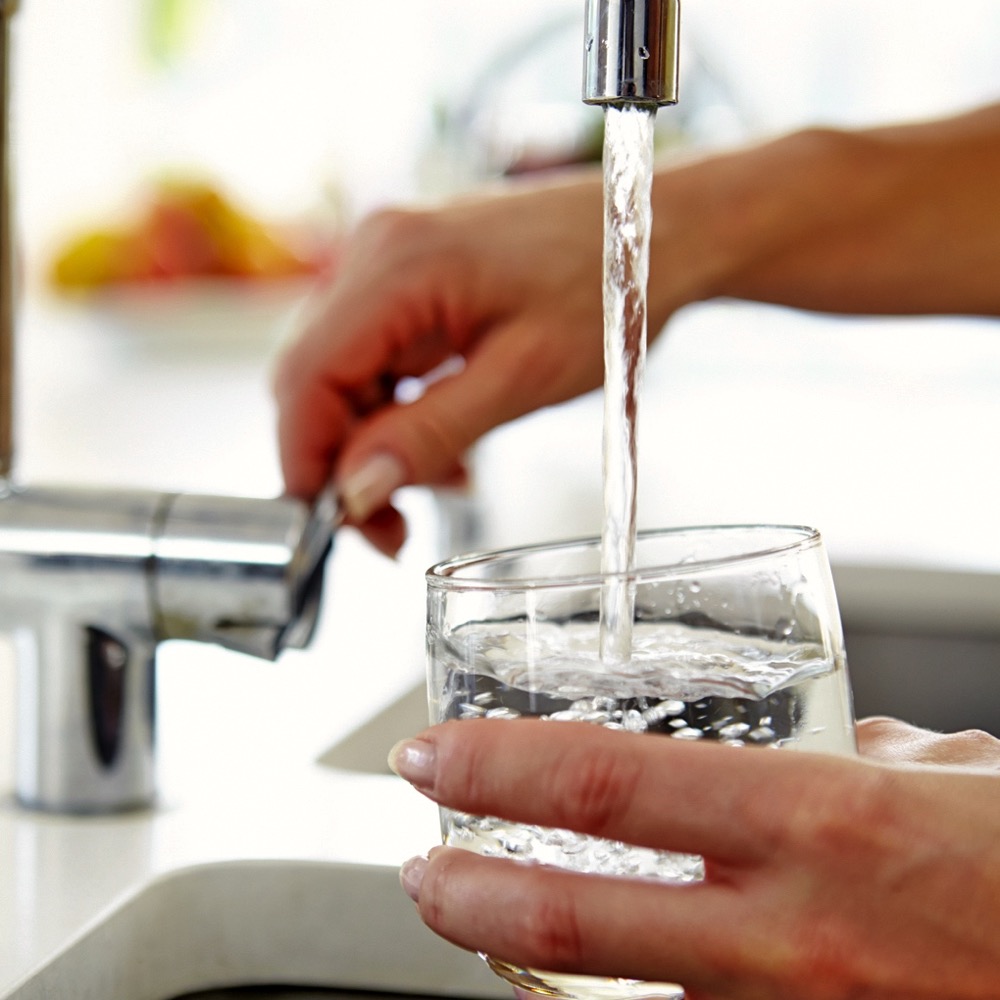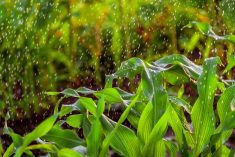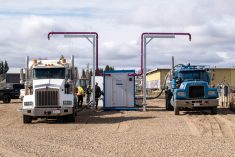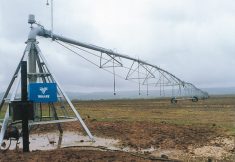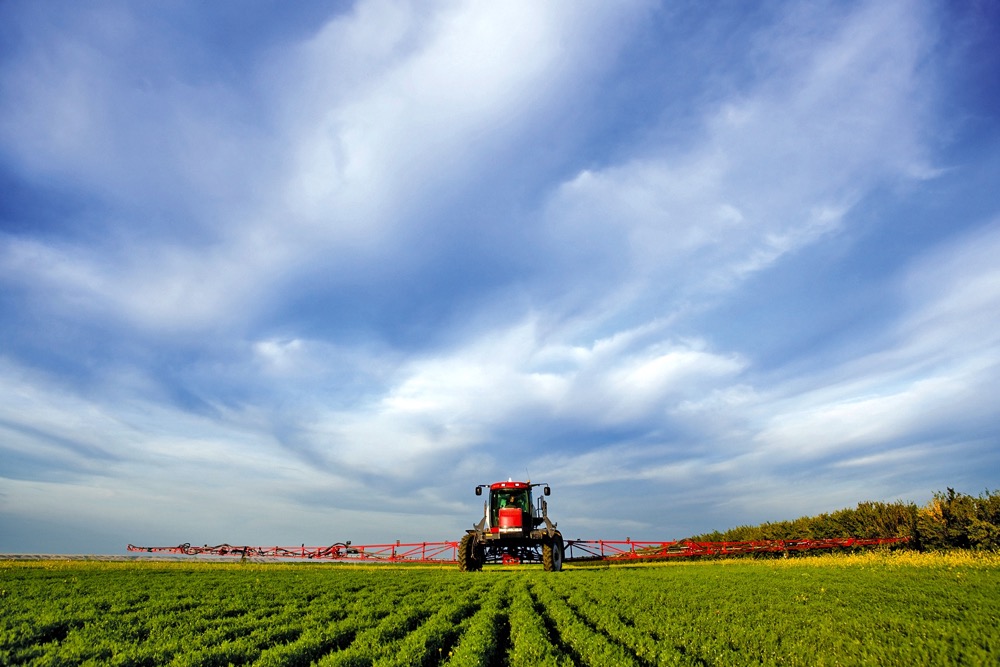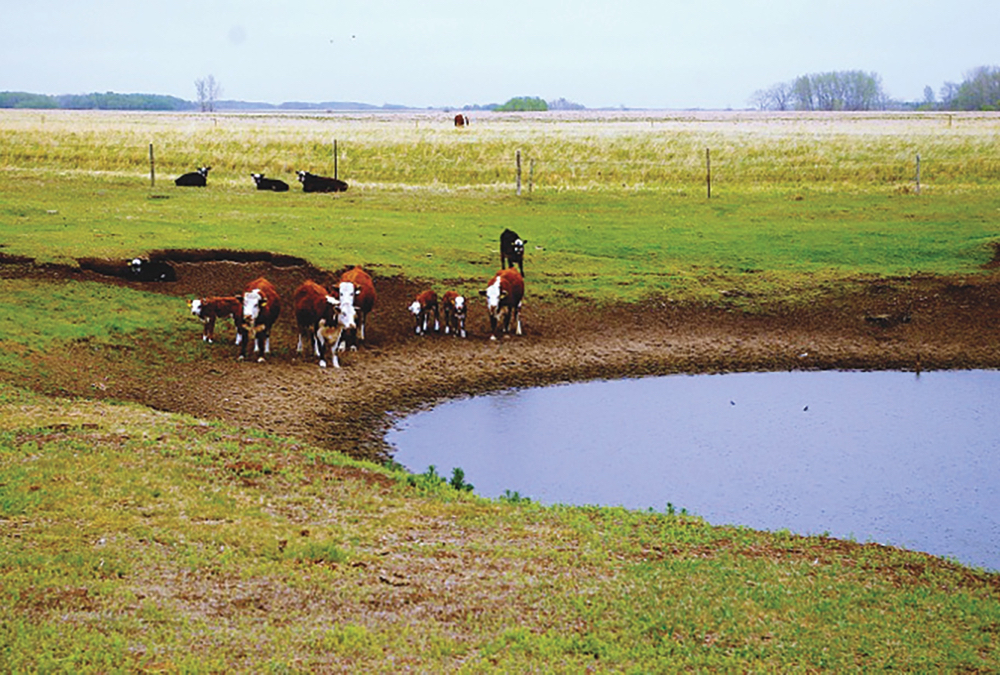Regulations ensure urban water supplies are regularly treated and tested, but rural residents can’t just turn on a tap and be assured of clean drinking water.
If you get water from a private well, you’re responsible for managing and maintaining the well and ensuring the water supply is tested regularly and is safe to drink.
“Even though testing is free of charge for residential users through Alberta Health Services, we’re finding that some people aren’t testing their water,” said Debra Mooney, an environmental health consultant with Alberta Health and an advocate for the Working Well Program.
Read Also

Farming Smarter receives financial boost from Alberta government for potato research
Farming Smarter near Lethbridge got a boost to its research equipment, thanks to the Alberta government’s increase in funding for research associations.
- More on the Alberta Farmer: Is your well water safe to drink?
“People need to know what’s in their water. Some well water has high nitrate levels which can be harmful to small infants when mixed in their formula. Other harmful substances can also make their way into wells and since water quality can change over the lifetime of a well, regular testing is the only way to be certain that well water is safe for human consumption.”
Testing well water on a regular basis also provides a baseline of the water quality, which can be very important to a well owner if things go wrong.
“Routine testing can pick up changes in water quality early on and help a well owner realize that certain maintenance procedures need to be done to preserve water quality and increase the lifetime of a well,” said Jamie Wuite, executive director of Alberta Agriculture and Forestry’s irrigation and farm water division.
“A baseline is also important information to have when you suspect your water quality has been negatively affected by another party. If you never tested your water quality, it’s hard to prove that it has been negatively affected.”
Land use changes or structural degradation of an aging well can also change or affect water quality.
For more information, including a fact sheet on taking water samples, visit the Working Well website.

